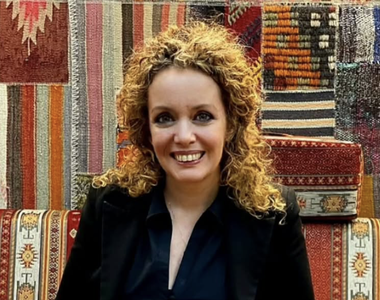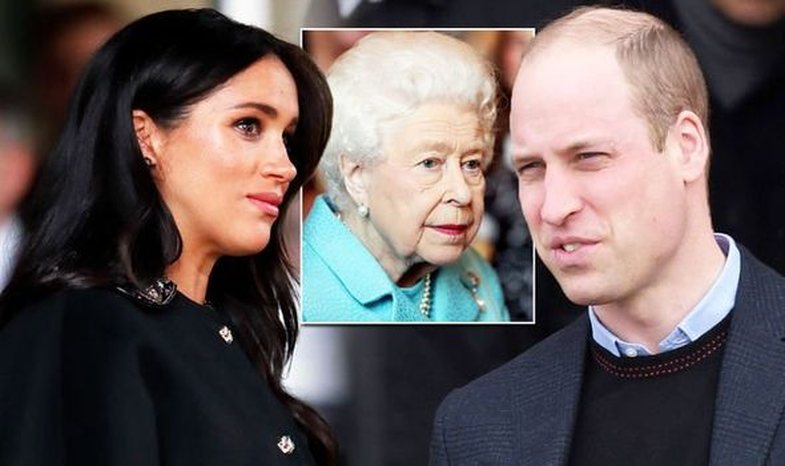
Dukesha e Sussex- it, Meghan Markle është ndaluar rreptësisht nga Elizabeth II që të përdorë stolitë mbretërore. 37- vjeçarja nuk lejohet të mbajë vënë pjesë të koleksionit mbretëror, përfshirë edhe diademën historike të mbajtur nga nëna e ndjerë e Harry- t, Diana. Ndërkohë që gruaja e William- it, Kate Middleton i ka vënë stolitë dhe ka të drejtën të vazhdojë ta bëjë, bazuar në hierarkinë e pushtetit.
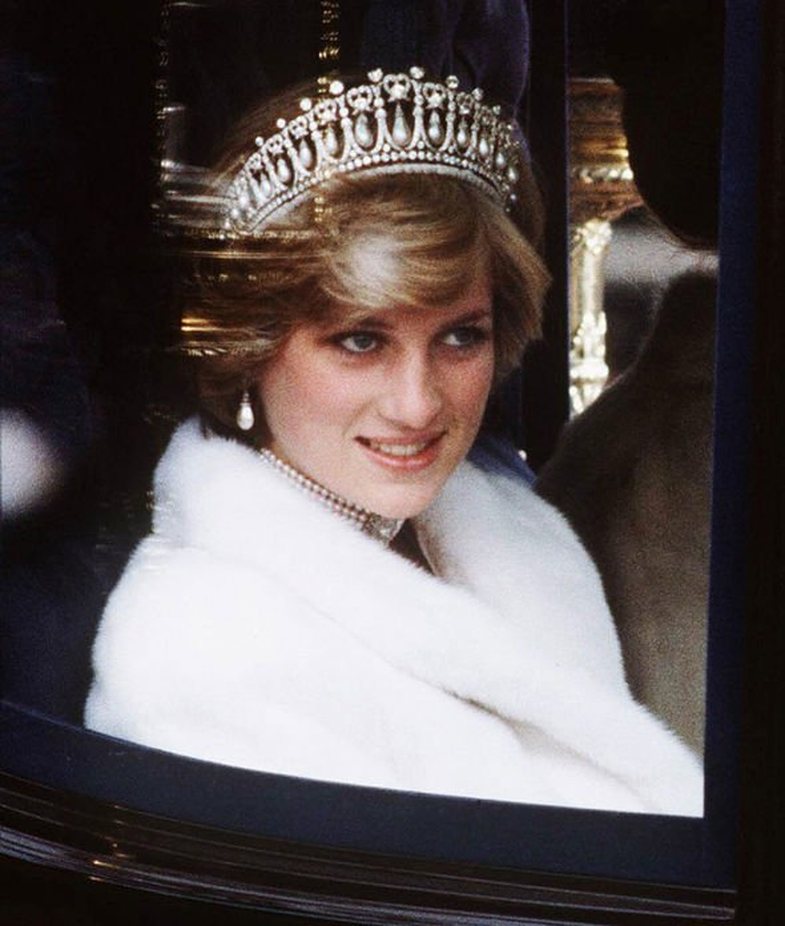
Thuhet se mbretëresha i ka thënë William –it, trashëgimtarit të Fronit Britanik që të sigurohet se Meghan- i nuk do të vendosë asnjë copëz aksesori të mamasë së tij. Përpara se mbretërorët të mund të marrin stoli duhet që fillimisht mbretëresha të aprovojë kërkesën e tyre.
“Mbretëresha nuk ka në plan ta lejojë këtë nder të madh edhe për ish- aktoren.” u shpreh gazetari Dan Wootton për "The Sun".
Por drama nuk mbyllet me kaq. Në këtë situatë është përfshirë edhe princi Charles, që raportohet se u ftua nga mbretëresha që të ishtë ai i cili do t’i bënte me dijeni lajmin Meghan- it. Nisur nga fakti që thuhet se Charles dhe Meghan- i kanë një marrëdhënie shumë të ngushtë, situata duhet të ketë qenë shumë po shumë e sikletshme për 70- vjeçarin.
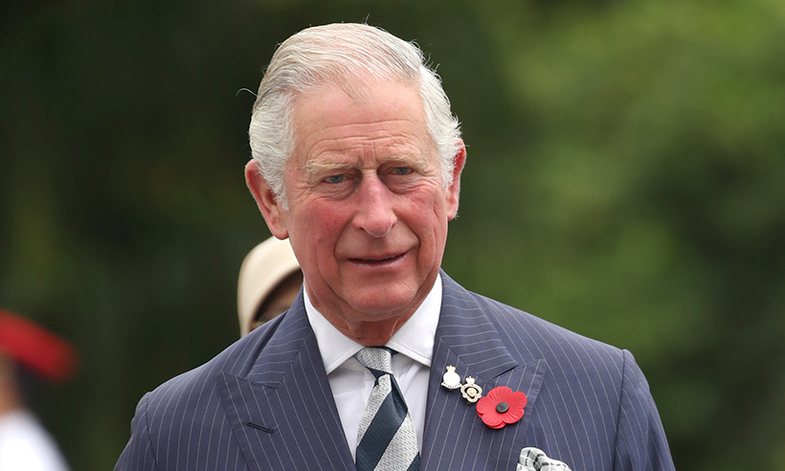
Nga vendimi në fjalë duket se është zemëruar edhe vetë Harry, që sipas gazetarit mendon “përse gruaja ime, e cila është DUKESHË, nuk ka akses në të tilla gjëra?”
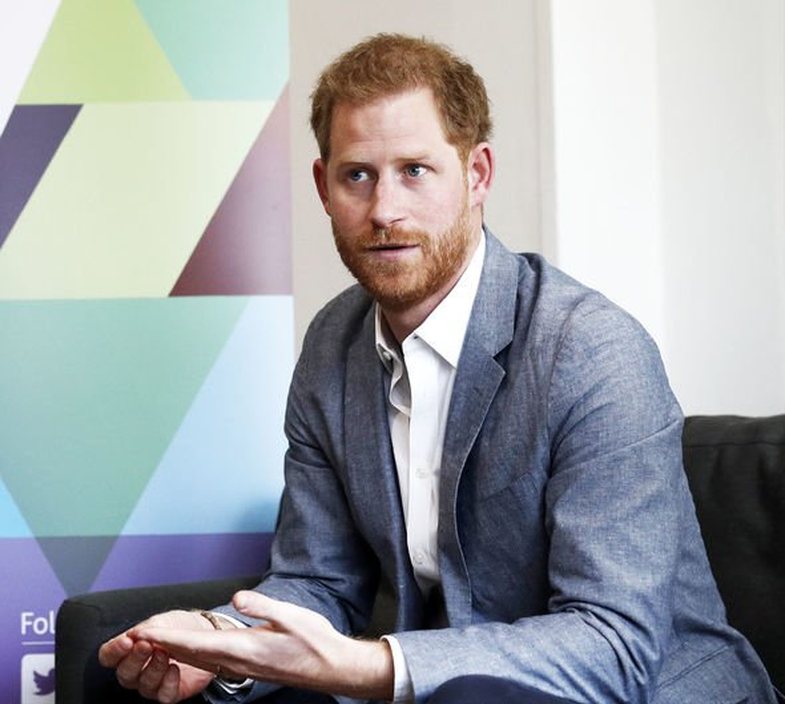
Në fakt, Meghan- i i ka vënë disa bizhuteri që i përkisnin Diaan- s, por ishin veçse pjesë të koleksionit që i është dhënë Harry- t dhe William- it për t’ua dhuruar grave të tyre. Po kështu Markle zotëron edhe një byzylyk Cartier me vlerë 21 mijë paund, të dhënë nga princi Charles.
U përfol madje se pati një zënkë mes Meghan- it dhe William- it, që u urdhërua nga mbretëresha të mos e lejonte dukeshën të vendoste bizhuteritë mbretërore, por burime të tjera hodhën poshtë gjithçka duke u shprehur se nuk është e vërtetë.

